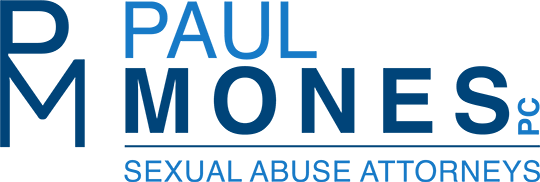Phillips Exeter Academy in New Hampshire is the latest elite preparatory school to be forced to deal with the aftermath of sexual abuse allegations against its teachers and staff. The school announced in mid-April that is was firing a second teacher after he reported inappropriate relations with students that occurred decades ago.
The school disclosed in March of 2016 that it had fired a teacher in 2011 because of sexual misconduct throughout the 1970s and 1980s. The announcement concerning that abuse, according to the school, was delayed to protect the victim.
In the April 17, 2016 edition of the New York Times, Robert M. Hoatson, a former Catholic priest and co-founder of Road to Recovery, a sexual abuse survivors’ support organization stated that he believes the popularity of the Oscar winning movie addressing sexual abuse within the Catholic Church, Spotlight, helped victims speak out about their abuse.
Other recent events also play a role in encouraging victims to speak out. According to the New York Times’ review of police documents, an Exeter teacher came forward with information in 2011 about teacher Rick Schubart after news of the Penn State sex scandal became public. Schubart was a popular history teacher at Exeter in the 1970s and accused of having sex with an of-age female student and abusing an underage female student.
Following the release of the information related to Schubart, teacher Steve Lewis admitted to sexual relations he had with a student years ago. According to police, this was the only report they received against any of Exeter’s current teachers.
Abuse a Problem at Elite Private Schools
Exeter is not alone in its struggle to deal with sexual abuse. Throughout the last couple of years, sexual abuse allegations have rocked several private schools, including Horace Mann in the Bronx, Poly Prep in Brooklyn, the Hotchkiss School in Connecticut , and St. George’s School in Rhode Island.
Educators point out abuse is not exclusive to private schools, but some believe the institutions put children at higher risk, either because of the insular community at the schools, the on-campus dormitory living, the elite reputations of the schools, or a combination of the three.
Many also point to the fact that it makes sense for teachers to grow close to students because they are with them all of the time at boarding schools. This isn’t necessarily negative overall, but it creates a fertile breeding ground for abuse, making it easy for pedophiles to groom victims.
According to the New York Times, a 2004 analysis estimated 9.6 percent of students in public schools are exposed to abuse in some way, ranging from offensive sexual comments to rape. The good news is incidents of sexual abuse in public schools appear to be diminishing.
The 2013 Minnesota Student Survey, which is conducted every three years, showed that fewer than six percent of ninth-graders reported being touched or forced to touch an adult sexually. This was a new low, down from 13 percent in 1992, which was the first year the study was conducted.
